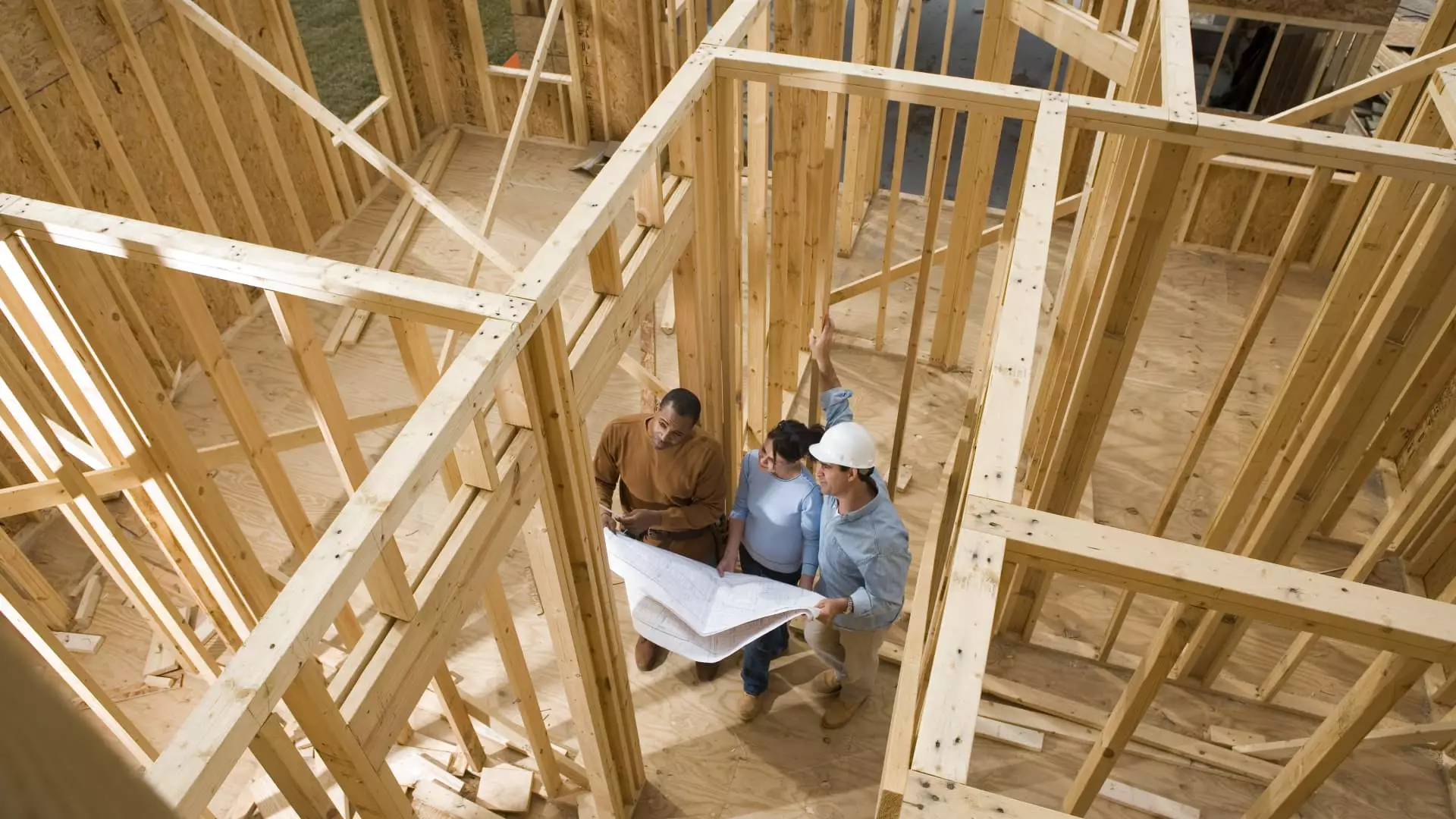Buying a new home is an exciting milestone for many people, but the financial implications can sometimes be overwhelming. According to a recent survey by Real Estate Witch, nearly 75% of new homeowners reported having regrets about their purchase. Surprisingly, one of the most common gripes among new owners was property taxes, catching 33% of them off guard. This is especially true for buyers of newly constructed homes, where property taxes can fluctuate significantly after the initial purchase due to the use of estimated rates.
The current real estate market is seeing a surge in the popularity of newly built homes, accounting for approximately 30% of all home sales, a significant increase from the typical 10% to 20%. This trend, as reported by the National Association of Realtors, highlights the need for potential buyers to be aware of the potential financial implications that come with purchasing a new construction property, especially when it comes to property taxes.
Unlike purchasing an existing home, buyers of newly constructed homes often face a more complex scenario when it comes to property taxes. Since there is no existing tax bill for the property, lenders have to rely on older tax rates or estimated values to calculate the homeowner’s monthly payment. This can vary widely from lender to lender, with some using a percentage of the sales price while others multiply a fraction of the price by the local tax rate.
Initially, new homeowners will pay the estimated property tax rate into an escrow account. However, once the county reassesses the property’s value, the actual property tax rate may differ from the initial estimate. This can lead to unexpected shortages in the escrow account, resulting in higher mortgage payments to cover the difference. Homeowners must be prepared for these fluctuations in property taxes and plan accordingly to avoid financial strain in the future.
To avoid being blindsided by unforeseen property tax increases, potential buyers should conduct thorough research before purchasing a new home. Understanding how often the county reassesses property taxes and the reassessment formula can help buyers anticipate future costs accurately. Consulting with a local loan officer who is familiar with the area can also provide valuable insights into the local tax landscape.
Additionally, checking the property taxes of similar newly built homes in the neighborhood can give buyers a rough estimate of what to expect. However, it is essential to remember that these online listings reflect the current owner’s taxes and not necessarily what the new owner will pay. By taking the time to educate themselves on the intricacies of property taxes for new builds, homeowners can better prepare themselves for potential financial surprises down the line.
The financial aspect of purchasing a new home, especially when it comes to property taxes, requires careful consideration and planning. By staying informed and proactive, new homeowners can navigate the challenges of fluctuating property taxes and ensure a stable financial future in their new abode.

